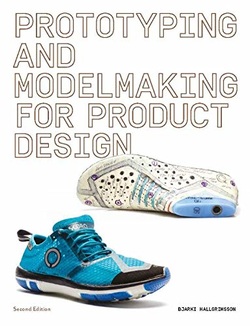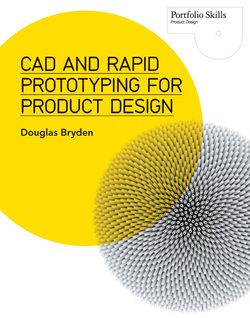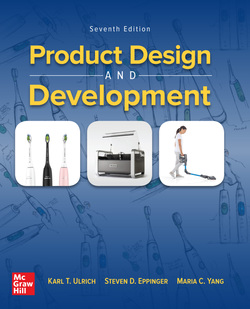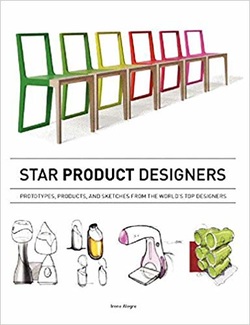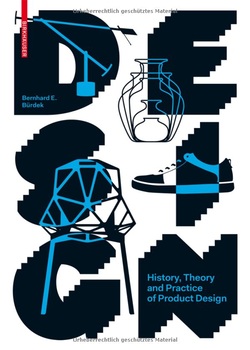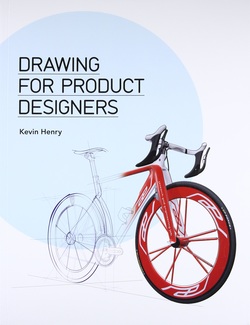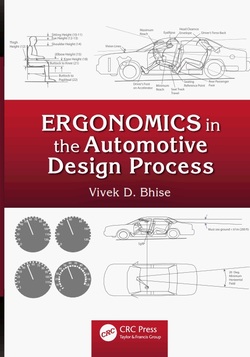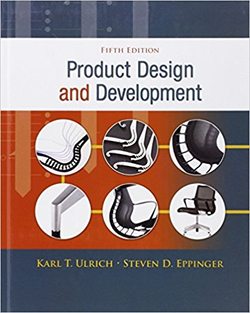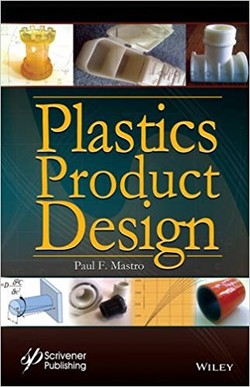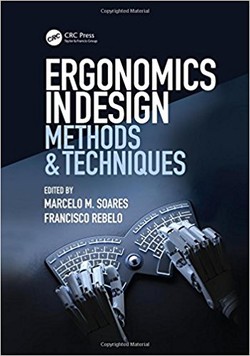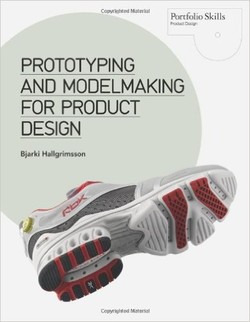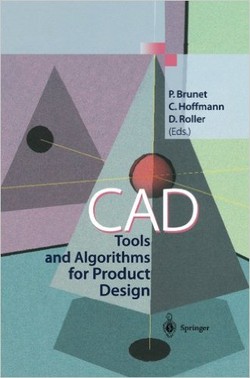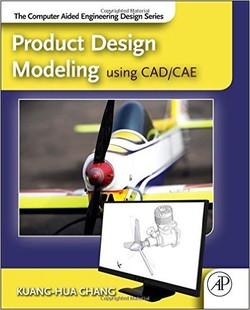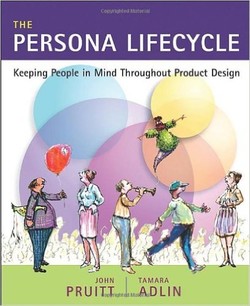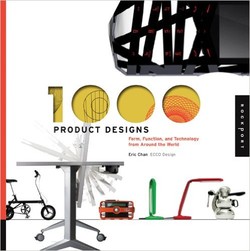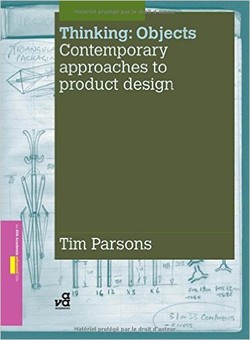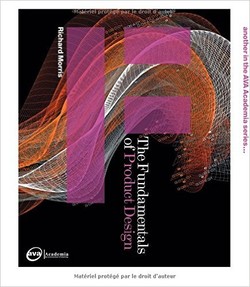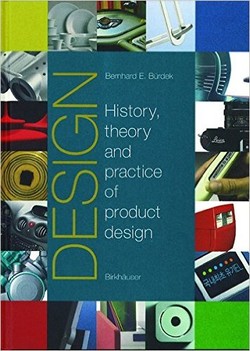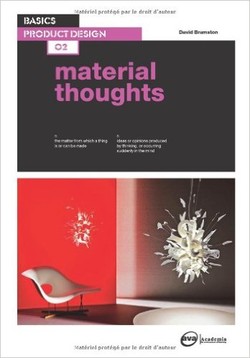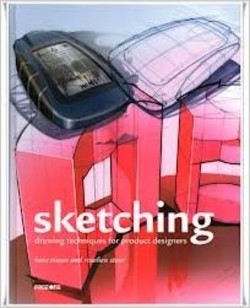عوامل انسانی و ارگونومی در طراحی محصولات مصرفی
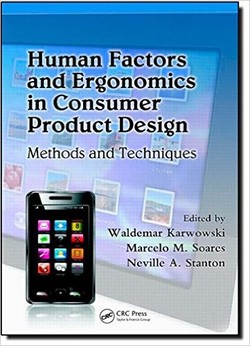
این کتاب که دومین جلد در مجموعه خود میباشد، به ارائه مطالعات موردی از عوامل انسانی بهکار رفته بهمنظور طراحی طیف وسیعی از محصولات مصرفی همانند کالاهای سفید، سیستمهای سرگرمی، دستگاههای صوتی شخصی، تلفن همراه، محصولات باغبانی و سیستمهای کامپیوتری مورد استفاده برای اوقات فراغت، پرداخته است.
این کتاب بر روی چشمانداز مهم عوامل انسانی در طراحی محصولات مصرفی تمرکز کرده و به روشنسازی مسائلی همچون رویکردهای متفاوت فرآیند طراحی پرداخته است. این کتاب به مخاطبین خود این فرصت را میدهد تا فرآیند طراحی را دنبال نموده و از آنها در فعالیتهای شخصی خود استفاده نمایند. رویکرد مخصوص مورد استفاده در این کتاب آن را به مبنعی آموزنده و عملی برای دانشجویان و علاقهمندان به این حوزه تبدیل نموده است.
این کتاب بر روی چشمانداز مهم عوامل انسانی در طراحی محصولات مصرفی تمرکز کرده و به روشنسازی مسائلی همچون رویکردهای متفاوت فرآیند طراحی پرداخته است. این کتاب به مخاطبین خود این فرصت را میدهد تا فرآیند طراحی را دنبال نموده و از آنها در فعالیتهای شخصی خود استفاده نمایند. رویکرد مخصوص مورد استفاده در این کتاب آن را به مبنعی آموزنده و عملی برای دانشجویان و علاقهمندان به این حوزه تبدیل نموده است.
سال انتشار: 2011 | 494 صفحه | حجم فایل: 29 مگابایت | زبان: انگلیسی
Human Factors and Ergonomics in Consumer Product Design: Methods and Techniques
نویسنده
Waldemar Karwowski, Marcelo M. Soares, Neville A. Stanton
ناشر
CRC Press
ISBN10:
1420046284
ISBN13:
9781420046281
قیمت: 16000 تومان
برچسبها: ارگونومی طراحی محصول
Every day we interact with thousands of consumer products. We not only expect them to perform their functions safely, reliably, and efficiently, but also to do it so seamlessly that we don’t even think about it. However, with the many factors involved in consumer product design, from the application of human factors and ergonomics principles to reducing risks of malfunction and the total life cycle cost, well, the process just seems to get more complex. Edited by well-known and well-respected experts, the two-volumes of Handbook of Human Factors and Ergonomics in Consumer Product Design simplify this process.
The first volume, Human Factors and Ergonomics in Consumer Product Design: Methods and Techniques, outlines the how to incorporate Human Factors and Ergonomics (HF/E) principles and knowledge into the design of consumer products in a variety of applications. It discusses the user-centered design process, starting with how mental workload affects every day interactions with consumer products and what lessons may be applied to product design. The book then highlights the ever-increasing role of information technology, including digital imaging, video and other media, and virtual reality applications in consumer product design. It also explores user-centered aspect of consumer product development with discussions of user-centered vs. task-based approach, articulation and assessment of user requirements and needs, interaction with design models, and eco design.
With contributions from a team of researchers from 21 countries, the book covers the current state of the art methods and techniques of product ergonomics. It provides an increased knowledge of how to apply the HF/E principles that ultimately leads to better product design.
